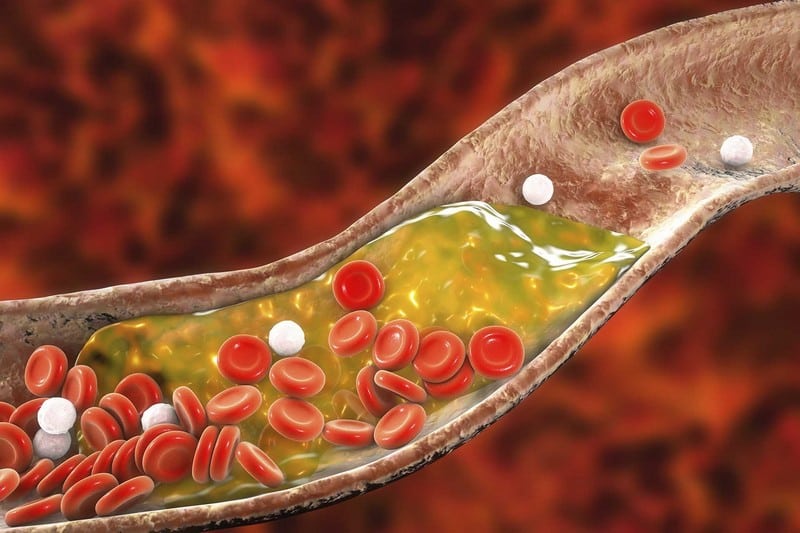Manage Cholesterol Levels

Cholesterol refers to specific organic molecules, generally called lipids. The body requires the substance to create healthy cells. However, too much cholesterol can be opposite to the intended effect and lead to heart disease. High levels of cholesterol may lead to the development of fatty deposits within blood vessels. As these deposits continue to grow, they can restrict or obstruct adequate blood flow via the arteries.
While the condition can be genetically inherited, developing high cholesterol is mainly due to unhealthy habits and lifestyle choices. This means managing the condition with regular exercise and a healthy and well-balanced diet is possible. For more severe cases, medication is available to treat high cholesterol. However, because it typically doesn’t come with any symptoms, it’s a good idea to get regular check-ups and blood tests.
Many conditions are linked to high cholesterol, including cardiovascular diseases like peripheral vascular and coronary heart disorders. Unfortunately, it’s also tied to elevated blood pressure and diabetes, which are diseases that can come with debilitating and life-threatening symptoms. For this reason, proper management or prevention should never be taken for granted. So talk with your physician to determine the best course of action for lowering and maintaining healthy cholesterol.










